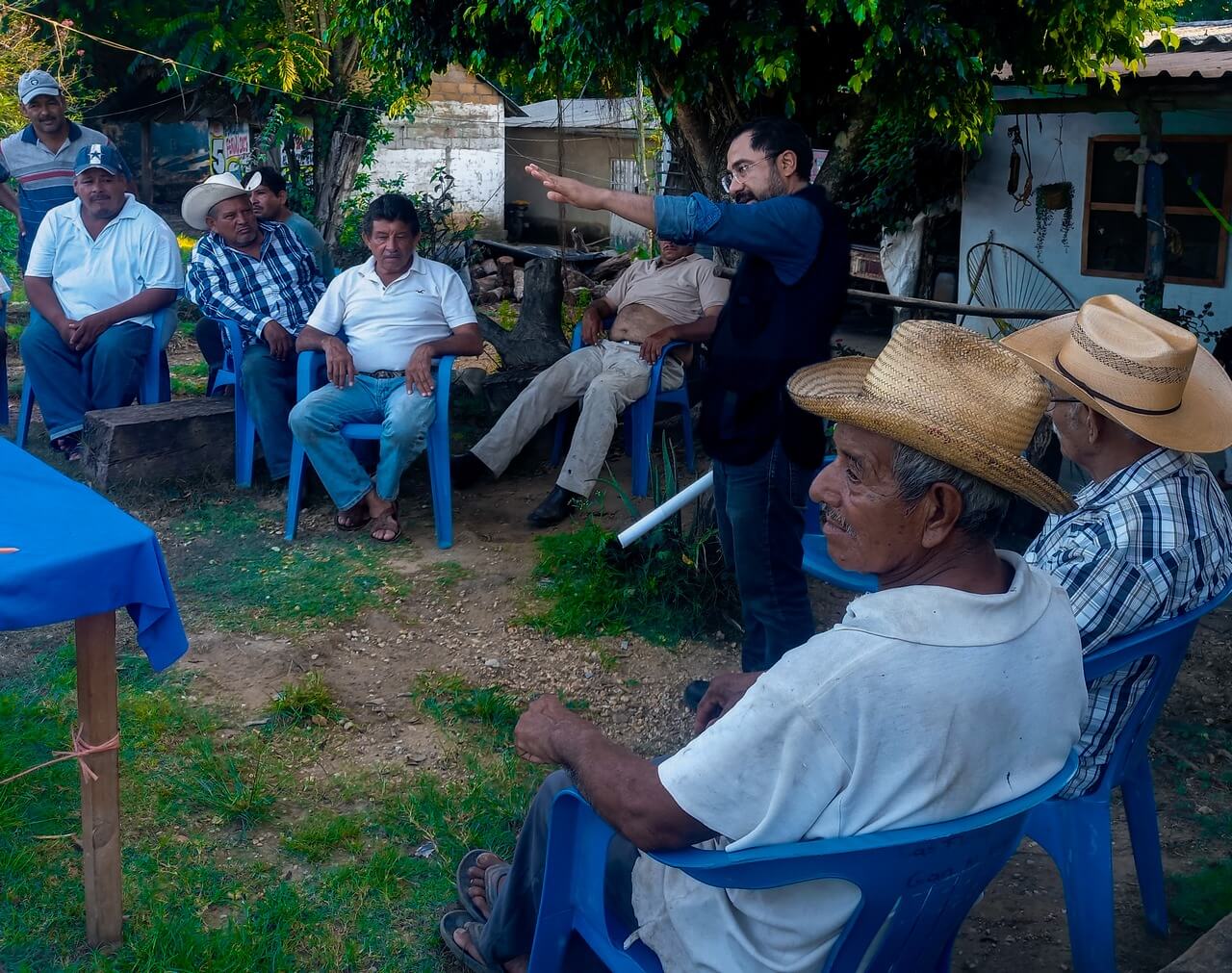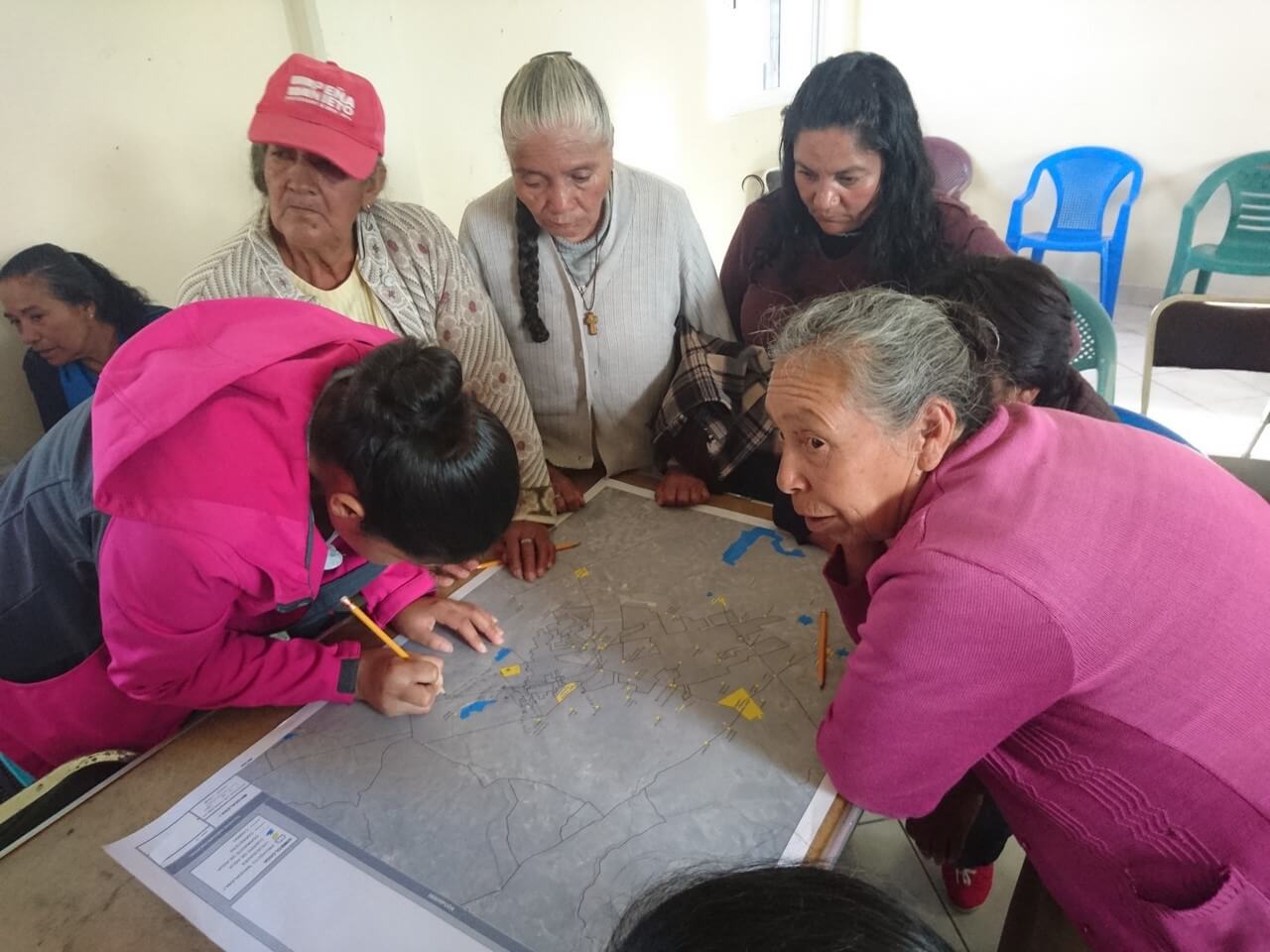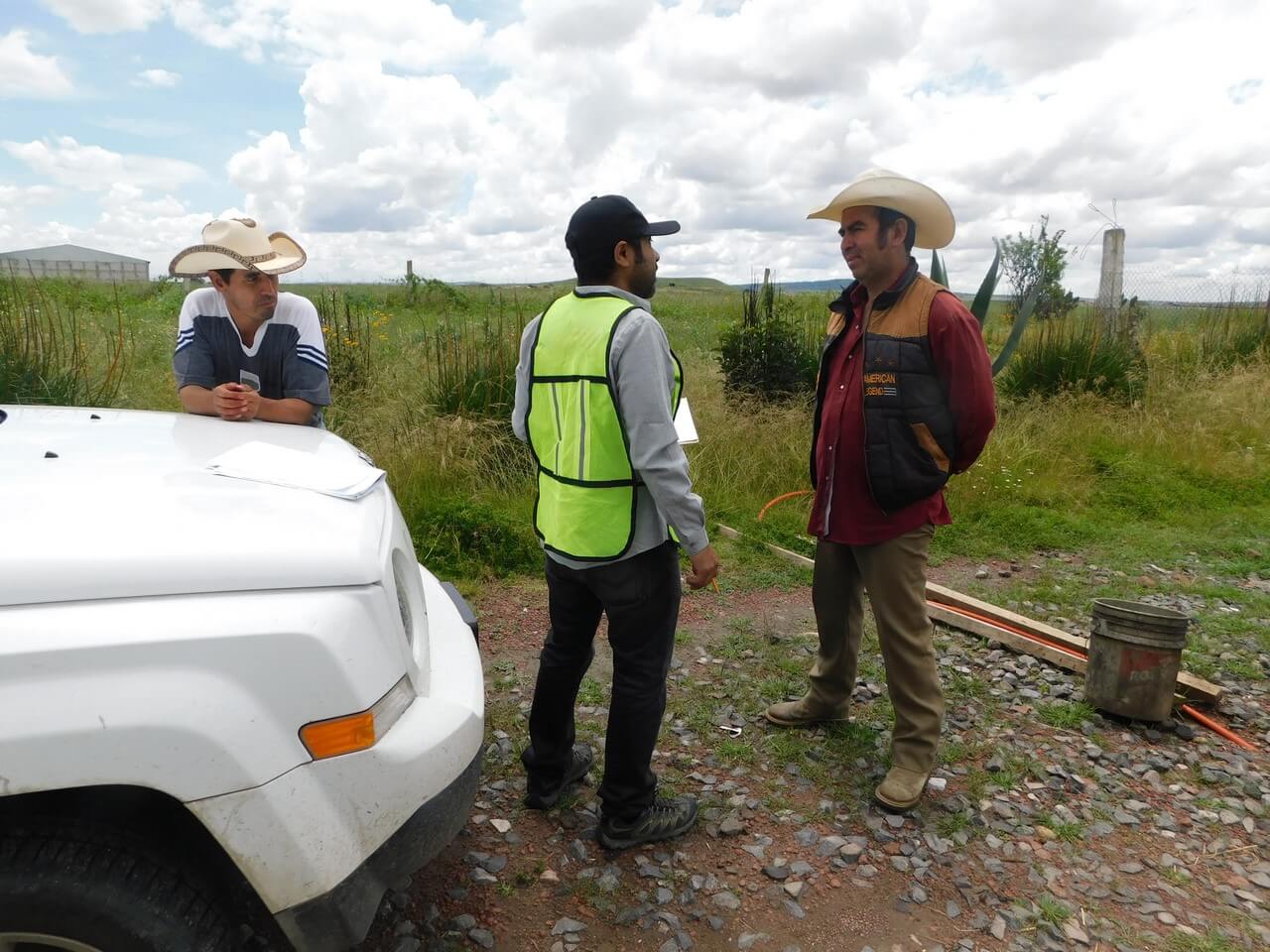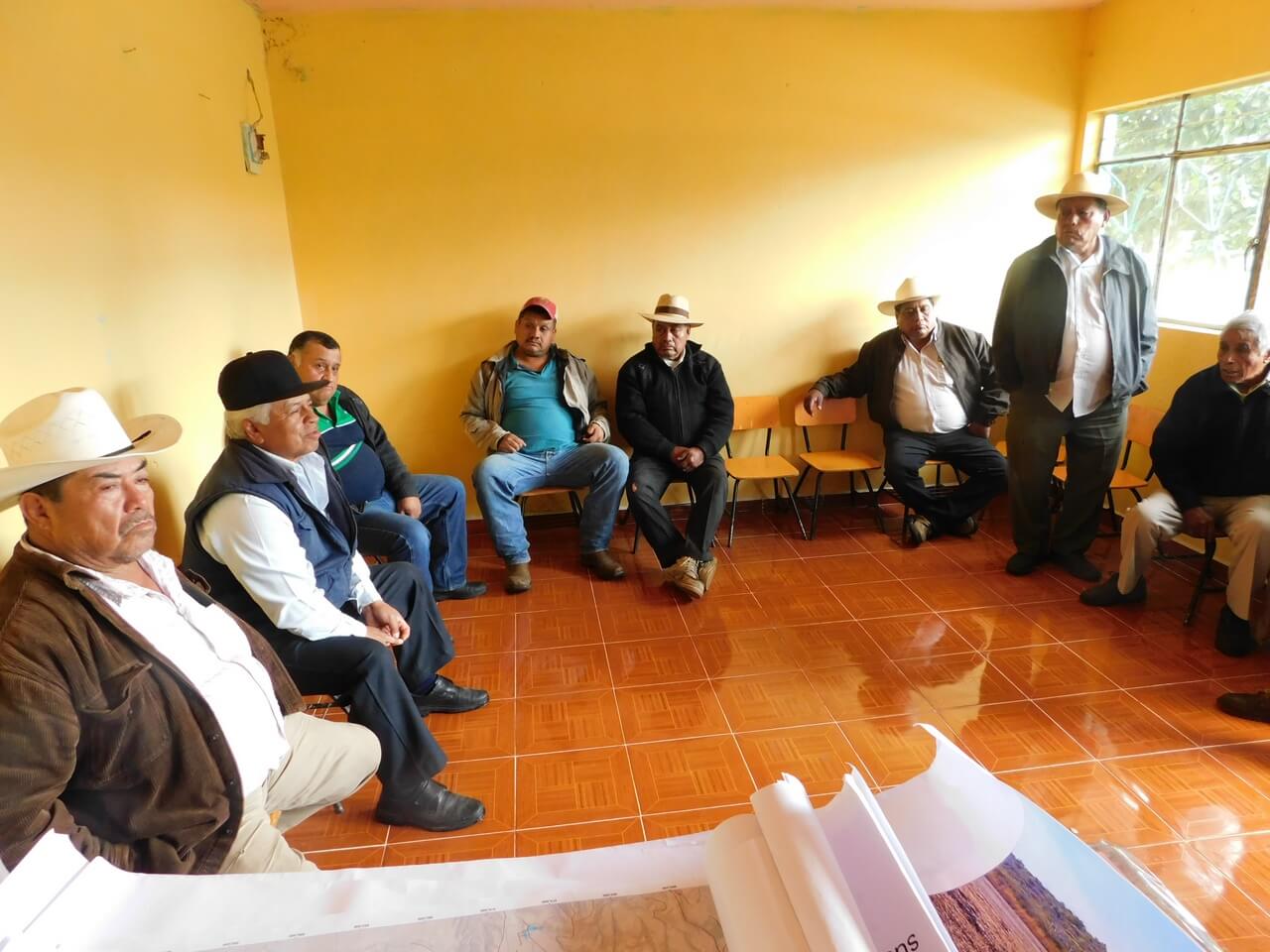Social Impact Statement for the Energy Sector
Every project linked to the renewable energy sector, extractive industries, or large-scale infrastructure generates social, territorial, and environmental changes. In some cases, these changes are not limited to the local level but can extend to regional or even international scales. These changes are referred to as social impacts, which can be positive or negative. They have the potential to alter community cohesion, individual and collective rights, and modify the biophysical environment in which the project is planned. Projects not only influence people's living conditions but also their culture, environment, customs, beliefs, aspirations, well-being, and economic relationships.
To identify the changes in social reality attributed to a large-scale project, it is essential to develop a Social Impact Statement for the Energy Sector (SISES) or a Social Impact Assessment (SIA). Its objective is to examine communities and towns located in a project's area of influence, as well as to characterize, predict, and assess social impacts through participatory processes.
An SIA is considered a critical tool that anticipates, evaluates, and manages the social and environmental transformations generated by key infrastructure such as solar parks, wind farms, green hydrogen, and other clean energy initiatives. This analysis begins during the planning phase and extends throughout the entire project lifecycle, integrating local communities at every stage to ensure their voices are heard and their interests safeguarded.

A SISES or SIA is a vital process that defines strategies to mitigate adverse impacts and enhance benefits, ensuring a balance between economic progress and social sustainability. It also ensures the viability and social acceptance of the project through ongoing dialogue with stakeholders.
An SIA minimizes operational, financial, and legal risks, thereby ensuring balanced development that strengthens corporate reputation and guarantees the project's long-term sustainability.

We develop Social Impact Statements for the Energy Sector and Social Impact Assessments based not only on each country's regulatory frameworks, but also on critical foundations such as the Universal Declaration of Human Rights, the Rights of Indigenous Peoples and Communities, the Sustainable Development Goals, the Performance Standards on Environmental and Social Sustainability of the International Finance Corporation (IFC) of the World Bank, the Equator Principles, and a gender perspective. With a proactive focus on inclusion and mutual benefit, our HIAs transform each project into a catalyst for social and economic progress, building bridges of trust with communities and ensuring successful and responsible implementation.
By incorporating a robust SIA, we ensure that each project is developed on a foundation of respect, inclusion, and mutual benefit, fostering positive reception and a lasting legacy.

Our consultancy leads projects with a socially responsible and ethically committed approach, ensuring outcomes that benefit both the environment and the involved communities. We avoid disproportionate burdens on already disadvantaged populations. Ultimately, our goal is to create sustainable added value, aligning business interests with local expectations and needs.
Our consultancy advocates for inclusion, community empowerment, and respect for human and environmental rights, planning projects not only as physical interventions but also as catalysts for social change and community development.

Financial Risk Mitigation
The SIA proactively identifies potential negative social impacts that could arise from the implementation of a project. A prior analysis allows companies to adopt appropriate mitigation measures, avoiding unexpected costs that may arise from conflicts with local communities, construction delays, or legal penalties. Additionally, by understanding the social context and associated risks, companies can effectively plan their investments, allocating resources for risk management in a way that minimizes potential project disruptions and their consequent financial impacts. This is particularly relevant for projects requiring substantial investment, where delays or setbacks can result in significant financial losses.
Strengthening Corporate Reputation
A well-executed and transparent SIA significantly enhances the public perception of a company. By demonstrating a genuine commitment to the well-being of local communities and the environment, the company not only fulfills its legal and ethical obligations but also positions itself as a responsible actor in the market. This corporate social responsibility can translate into competitive advantages, opening doors to new business opportunities and strengthening relationships with key stakeholders, such as governments, investors, and customers. In today's world, where consumers and investors are increasingly interested in sustainability and business ethics, a strong reputation for social responsibility can be a decisive factor for commercial success and long-term sustainability.
The Social Impact Statement for the Energy Sector is not merely a tool for managing social impacts; it is also a critical risk management and image-building strategy that can significantly influence a company's financial viability and reputation within a competitive global market that is increasingly aware of social and environmental issues.
